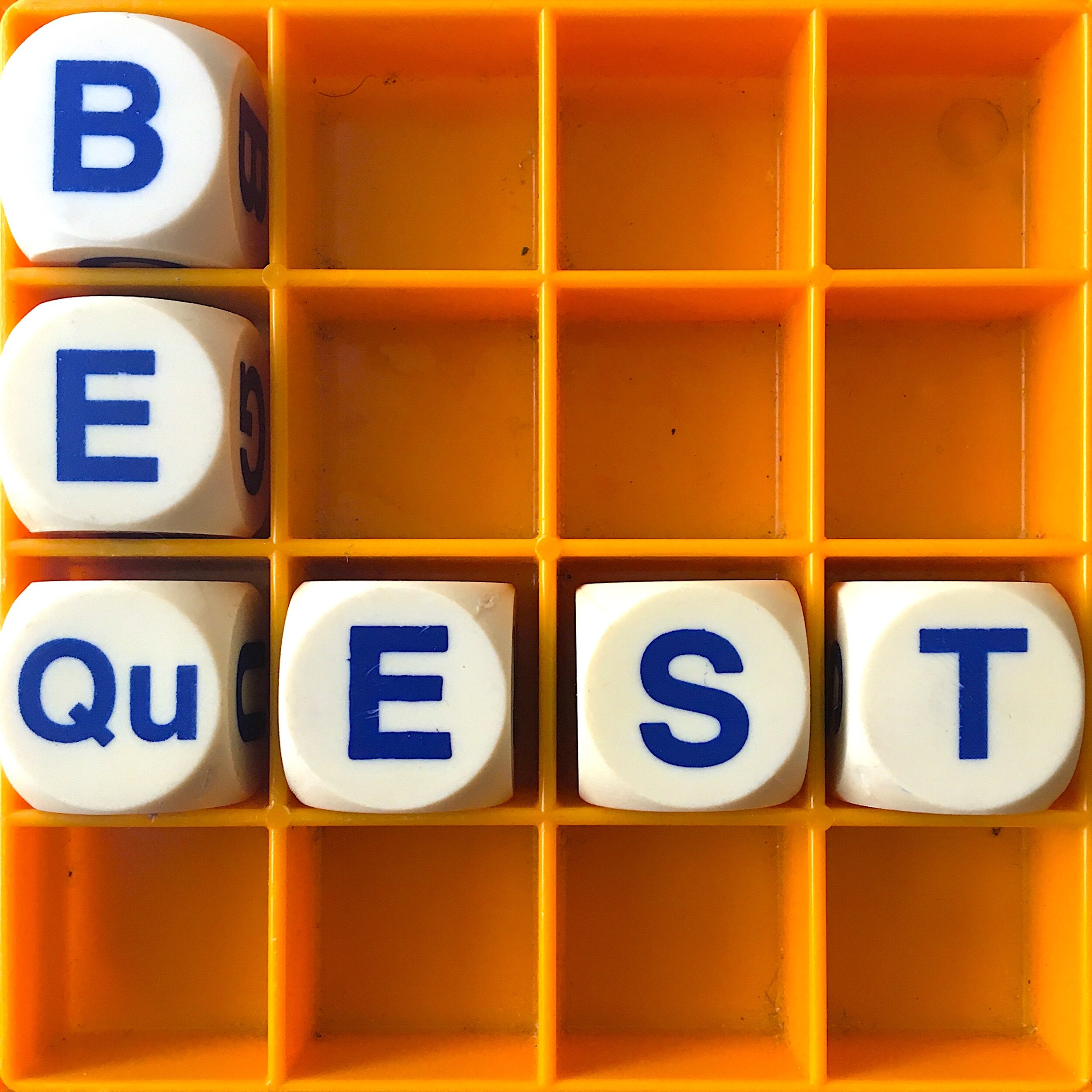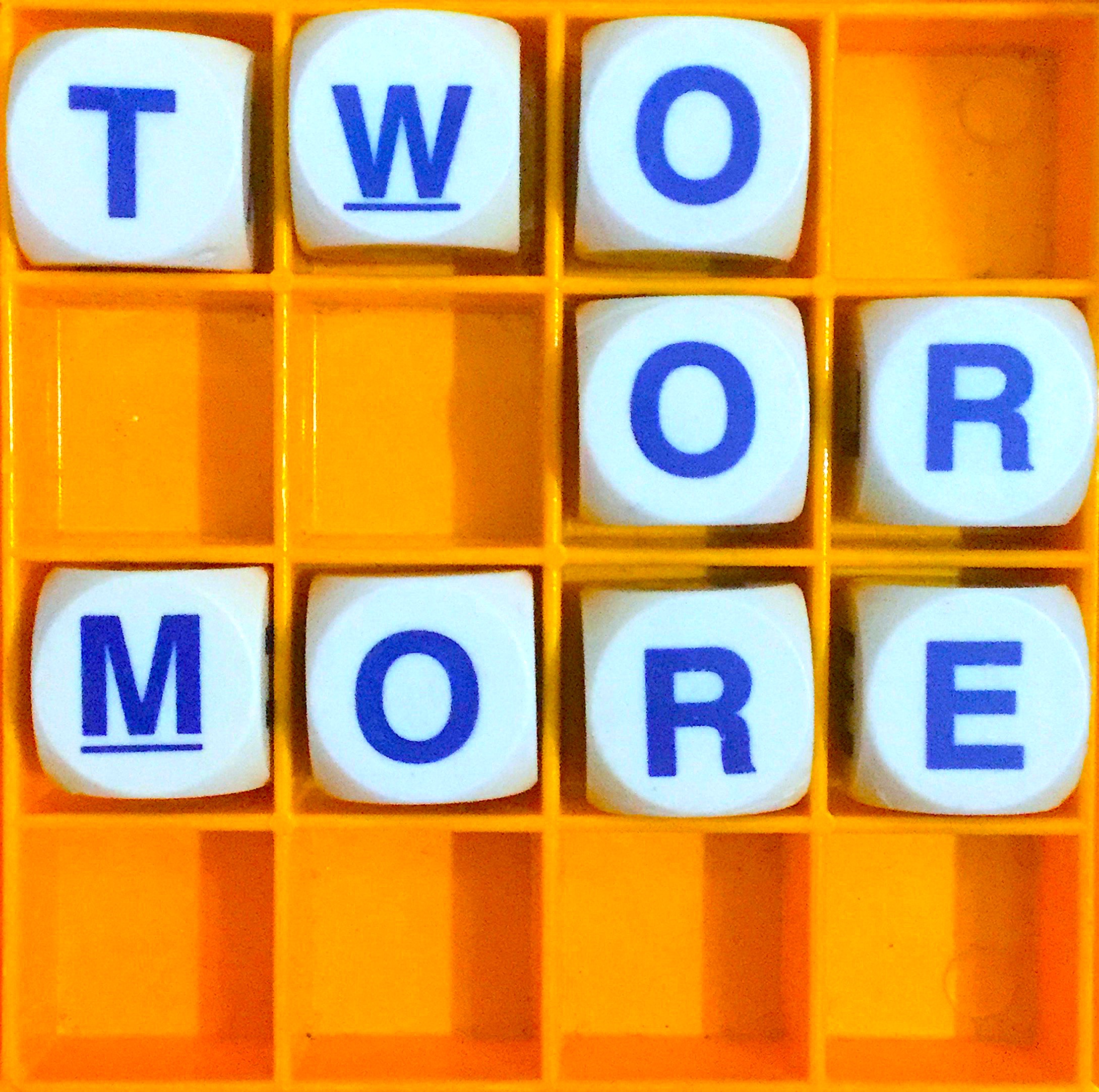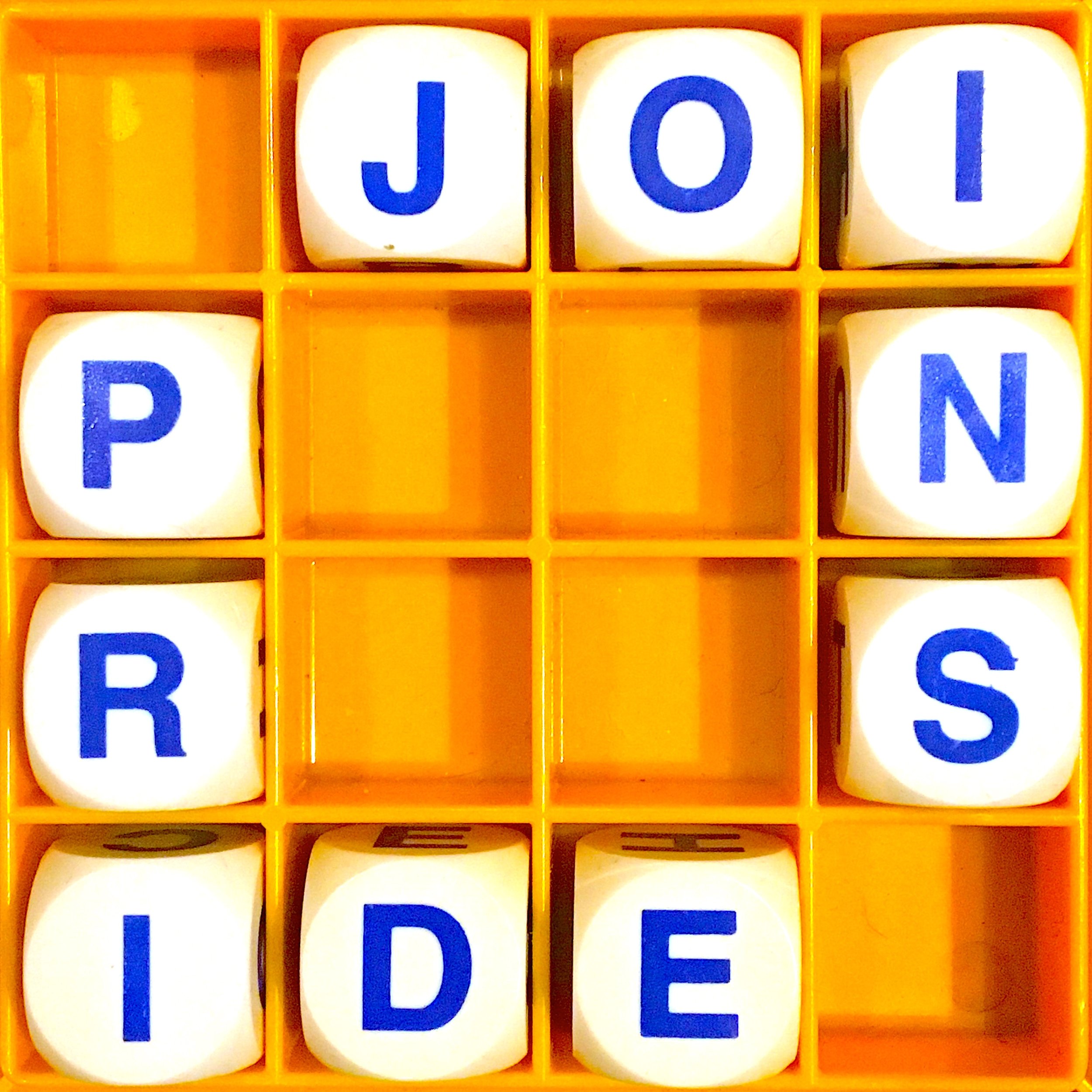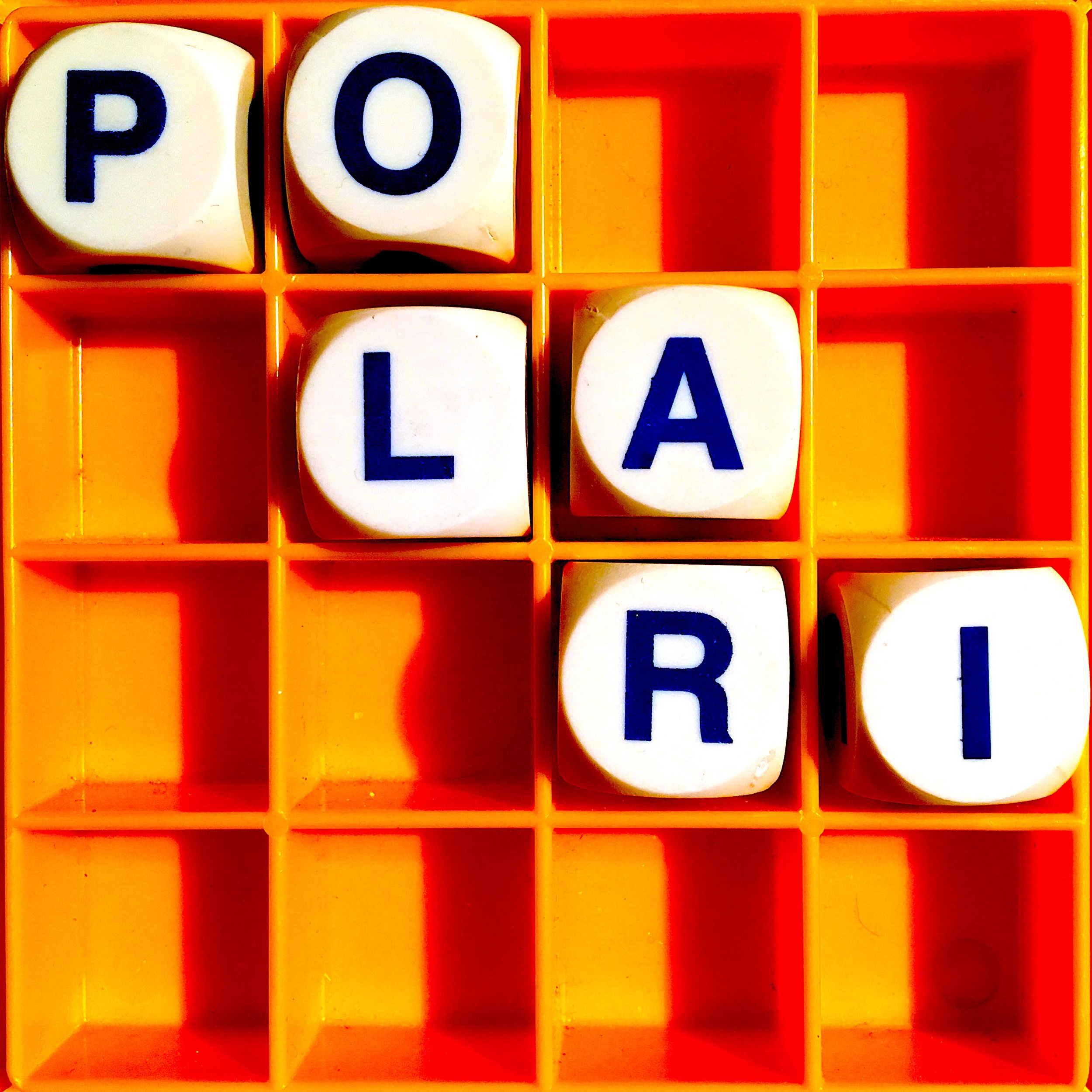When the Europeans arrived in Aotearoa New Zealand, as well as guns, stoats and Christianity, they brought ideas of cisgender monogamous heterosexuality that were imposed upon the Māori people as if there had never been anything else. But one word, takatāpui, proved otherwise.
Read moreAllusionist 117. Many Ways At Once
The Scots language didn’t have much of an LGBTQ+ lexicon. So writer and performer Dr Harry Josephine Giles decided to create one.
Read moreAllusionist 101. Two Or More
Oysters, fragrances, canoeing, space stations, God, hats, and of course people - the word ‘bisexual’ has described a great deal of different things, with different meanings, in its fairly short existence. And that whole time, it has had a pretty bumpy ride.
Read moreAllusionist 56+12. Joins & Pride
To celebrate Pride Month, I’m playing two of the Allusionist episodes that have stuck with me the most during the show’s existence.
The first is Joins. You listeners talk about your particular experiences in your trans bodies, dealing with the available vocabulary for sex and the associated body parts.
Second is Pride: the story of how that word was chosen in 1970 for LGBTQ Pride events.
Read moreAllusionist 100. The Hundredth
To mark the 100th episode of the Allusionist, here’s a celebratory parade of language-related facts.
Read moreAllusionist 99. Polari
When there were no safe spaces to be gay, Polari allowed gay men to identify and communicate with each other, and to keep things secret from outsiders.
Professor Paul Baker, author of the Polari dictionary and the upcoming book Fabulosa! The Story of Polari, Britain’s Secret Gay Language, explains how Polari emerged from criminal cant and London’s theatres and docks to be used a code language for gay men in the oppressive 1950s - and then, not long after, it entered the slang lexicons of the general public, via popular sketch comedy and the mouth of an annoyed princess.
Read moreAllusionist 96. Trust
“Trust isn't a brand that you should use. It's a social glue that, when it breaks down, has really huge consequences to our lives.” Trust expert and author Rachel Botsman explains why we need to protect this word that has remained steadfast throughout its existence, but may now be too popular for its own good.
Read moreAllusionist 88. Name Changers
Why did you change your name? And why did you choose the name you chose?
Listeners answer these two questions. Hear their stories of gender identity, family fallouts, marriages, divorces, doxxing, cults, and…just not liking your given name very much.
Read moreAllusionist 79. Queer
Strange or obtuse; a stinging homophobic slur; a radical political rejection of normativity; a broad term encompassing every and any variation on sexual orientation and gender identity: the word 'queer' has a multifarious past and complicated present. This is just a fraction of it.
Tracing the word's movements are Kathy Tu and Tobin Low from Nancy podcast, Eric Marcus from Making Gay History, and historian and author Amy Sueyoshi, with Jonathan Van Ness from Queer Eye.
Read moreAllusionist 73. Supername!
Up in the sky: look! It's an adjective! It's a noun! It's...Adjectivenoun!
Your friendly neighbourhood superheroes might have thrilling and varied powers and spandex garments, but the way their names are concocted have followed only a handful of formulae in the past 80 years, since Superman sent superheroes soaring.
(Yes, alliteration is one such naming formula.)
Glen Weldon of Pop Culture Happy Hour traces the supername's development from Adjective+Gender through Colour+Noun to Normal Name and Lone Noun.
Read more







